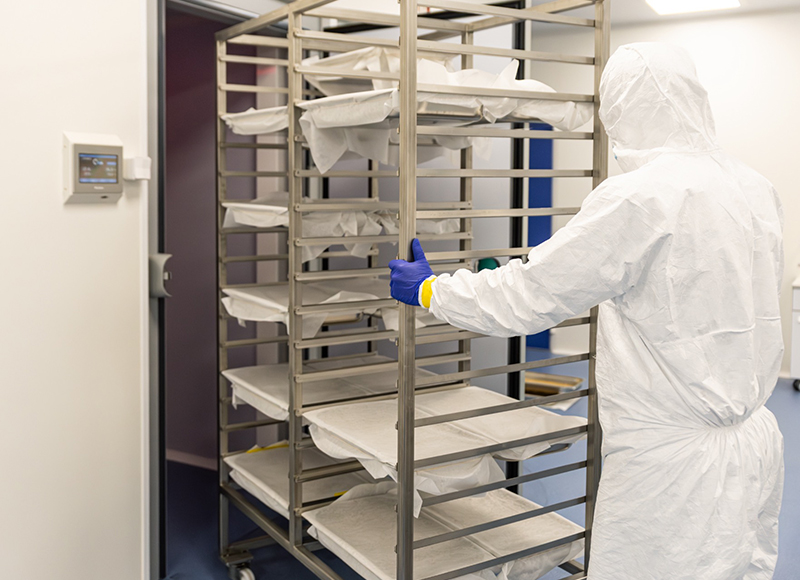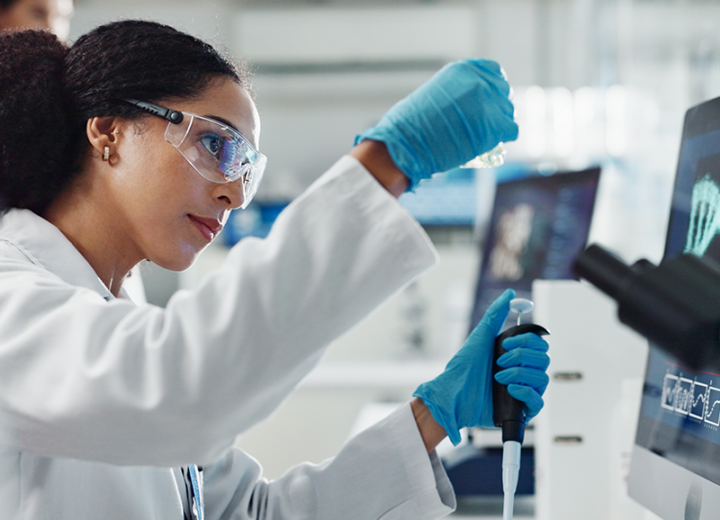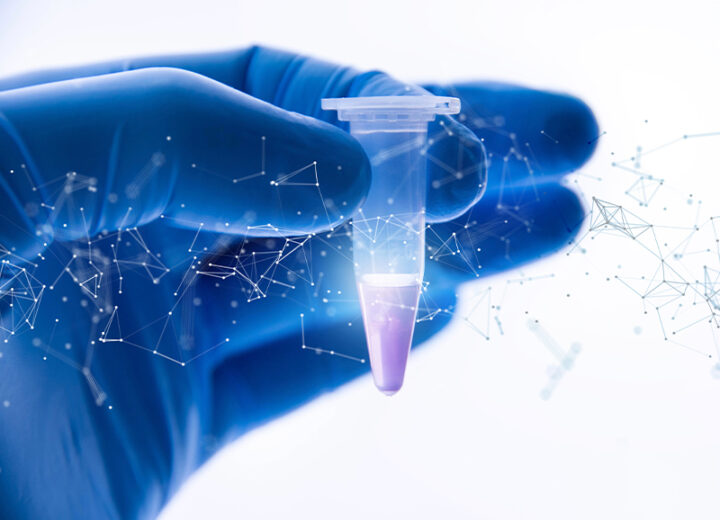11 October 2024
How do environmental factors impact enzyme production?

Recombinant enzyme production demands precise control of environmental conditions. This is especially true for high-value applications like mRNA production and gene sequencing. When environmental factors aren’t carefully monitored, the quality, yield, and functionality of enzymes can suffer significantly. So, how exactly do environmental factors impact enzyme production?
In this blog, we’ll explore the key parameters such as temperature, pH, and expression systems, and how their variation can impact the process. Additionally, we’ll discuss how Cocoon’s proprietary CrisBio® platform ensures these conditions are optimally maintained for high-performance enzyme production.
Temperature: a critical parameter in enzyme production
Enzymes are highly sensitive to temperature fluctuations. This is true whether they are produced in vivo (inside living organisms) or through recombinant expression systems. High temperatures can denature enzymes, rendering them inactive, or in some cases, irreversibly damaged.
On the other hand, low temperatures can slow down the activity of the enzyme or inhibit its correct folding. For industrial processes, consistently maintaining an optimal temperature is essential to ensure high yields of functional enzymes. This is particularly true for applications like mRNA production, where the quality of enzymes directly impacts the accuracy of the genetic sequences being produced.
pH levels: fine-tuning for enzyme stability
Another crucial factor affecting enzyme production is pH. The activity of enzymes is heavily dependent on maintaining the correct pH balance. In natural biological systems, enzymes typically operate within a narrow pH range, and slight deviations can significantly affect their activity.
For example, an acidic or overly alkaline environment could destabilize the enzyme. This leads to lower yields or very poor enzyme activity.
In recombinant enzyme production, the pH needs to be carefully controlled, especially in large-scale industrial processes. Failure to do so can lead to suboptimal enzyme expression or even the degradation of the enzyme. In these cases, they would be unusable for medical use.
Expression systems: choosing the right host
The choice of expression system is another factor that can influence the success of recombinant enzyme production. Different systems offer distinct advantages and challenges in terms of scalability, cost, and environmental tolerance.
For instance, bacterial systems may grow quickly and produce large amounts of enzymes. However, they might not be ideal for producing enzymes that require post-translational modifications—a process often better suited to yeast or mammalian cells.
Plus, different host cells perform optimally in different temperature or pH conditions. Incompatibility between the expression system and the environment can result in low yields or improper enzyme folding. Therefore, you must choose your expression system carefully.
YOU MAY ALSO LIKE: How insects have catalyzed biotech development
The consequences of poor environmental control
What happens if these environmental parameters aren’t tightly controlled? Inconsistent temperature or pH, or choice of expression system, can result in low yields, unstable enzymes, or even contamination in the production batch. For industries like biopharmaceuticals and gene sequencing, these disruptions can have a ripple effect. Any delay in manufacturing will further delay projects and increase costs.
Moreover, enzymes produced in sub-optimal conditions can lack the necessary activity or specificity required for critical applications, such as mRNA vaccines or therapeutic gene editing tools. This makes the control of environmental factors not just a matter of efficiency, but also of product safety and efficacy.
How Cocoon addresses environmental impacts with CrisBio®
At Cocoon, we use the Trichoplusia ni moth in our development of recombinant proteins. What’s unique about our approach is that we use the whole insect in its chrysalis form, not just a few cells. This means that the physiology of the insect itself already provides the conditions it needs to breed, survive, and produce enzymes.
Plus, insects are easy to adapt to different environmental parameters. They require few resources to maintain and, compared to a single cell, a multi-cell environment allows for greater modification and innovation.
Read more about: why choose Cocoon as a recombinant protein provider
Using this proprietary approach, Cocoon Bioscience enables life sciences industries to achieve high levels of enzyme production for their cutting-edge research needs. Whether it’s for mRNA or gene sequencing, our approach ensures that the enzymes produced meet the highest standards of quality and functionality.


